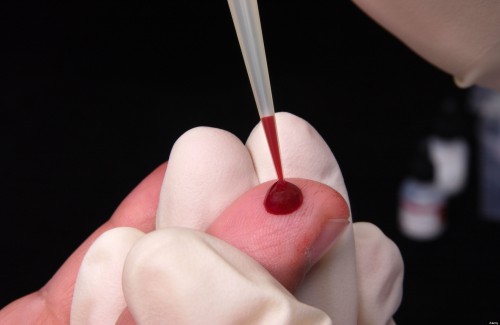The reorganisation of sexual and reproductive health and HIV services in England that occurred when the Health and Social Care Act 2013 handed over commissioning responsibility to local government has led to lack of accountability in a complex, fragmented system that is having a direct, negative impact on patients, according to an all-party group of MPs. Their inquiry has found a lack of proper oversight of the quality and outcomes delivered by commissioners, and a lack of national direction on training and development.
The All-Party Parliamentary Group on Sexual and Reproductive Health in the UK – chaired by Baroness Gould of Potternewton and supported by FPA, the Faculty of Sexual and Reproductive Healthcare and the British Association for Sexual Health and HIV – called yesterday for clarification about national accountability, better data linkage, a single funding mechanism across all services, ongoing ring-fenced public health funding, adequate staff training to be specified in contracts and mandatory sex and relationships education in all primary and secondary schools. Baroness Gould said: “A common theme throughout the inquiry was the lack of clarity identifying who is ultimately responsible at a national level for these services, and what powers they have to drive up standards and outcomes across the country.”
The APPG took evidence from the government, Public Health England, Department of Health (DH), Local Government Association, and representatives of royal colleges, charities and NHS trusts across the country. It reported:
- Structural divisions in commissioning between the NHS, public health and social care had a significant impact on commissioning responsibilities for sexual health, reproductive health and HIV.
- There is insufficient national coordination to enable local commissioners to work together effectively in sexual health, reproductive health and HIV. The Health Secretary should clarify and publish a clear accountability structure for sexual and reproductive health and HIV services ‘as a matter of urgency’.
- Clinical commissioning groups (CCGs), local authorities and NHS England need to be accountable for improvements delivered by the service providers they commission for sexual health, reproductive health and HIV.
- Directors of public health and health and wellbeing boards need to work together to improve integration between services commissioned by the NHS (including general practice) and those commissioned by public health.
- Commissioners should use a single funding mechanism, either the tariff or a block contract, across all services to avoid income-driven incentives leading to distortions in provision unrelated to patient need.
- Short-term procurement reduces the incentive to properly train and develop staff and encourages providers to only deliver services to the letter of the contract. Provider contracts must make ongoing education and training mandatory.
- GP data should be linked with other data in sexual health, reproductive health and HIV, to provide a full picture.
- Local authority budget cuts for public health will lead to reductions in the service they commission and create knock-on costs for the NHS. The DH should extend the period of the ring-fence for public health as part of the autumn Spending Review.
- Sex and relationships education should be statutory for all schools including academies and free schools.
Baroness Gould commented: “In transferring commissioning to a local level, it was anticipated that there would be integration and opportunities for joint working – all focused on the specific needs of local communities. In some places these aspirations are being realised and we heard evidence of good practice and successes but, in many areas, these structural changes have created a complex and fragmented system that is not in the best interests of the people who rely on these services.”












